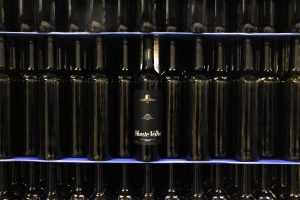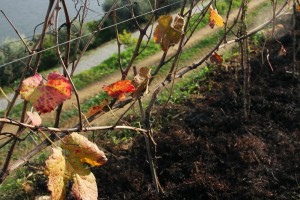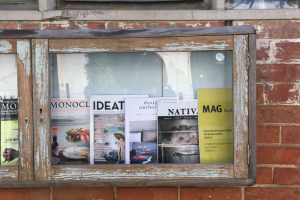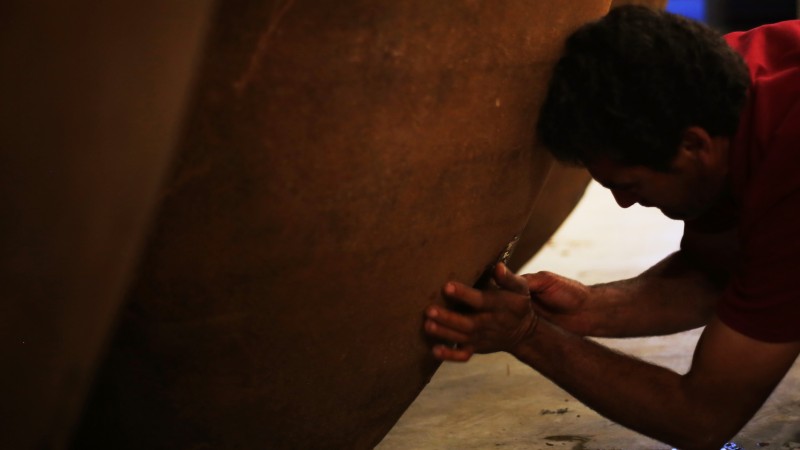
When a business relies on a static and rigid supply chain it is robust. If you prefer to have your supply chain controlled by volatile contracts which can be adjusted depending on the needs of the company then it is, undoubtedly, resilient. But when the company actively seeks out solutions, inspires confidence and creates conditions conducive to the development of relationships between the various links in the supply chain, while sharing the value generated by the company-suppliers ecosystem, then it becomes increasingly antifragile. New innovations incorporated into the system may cause some turbulence but can also precede great leaps forward in terms of results. This will only happen, however, when this vital element is in a position to benefit from the upheaval and generate greater value for the system as a whole.
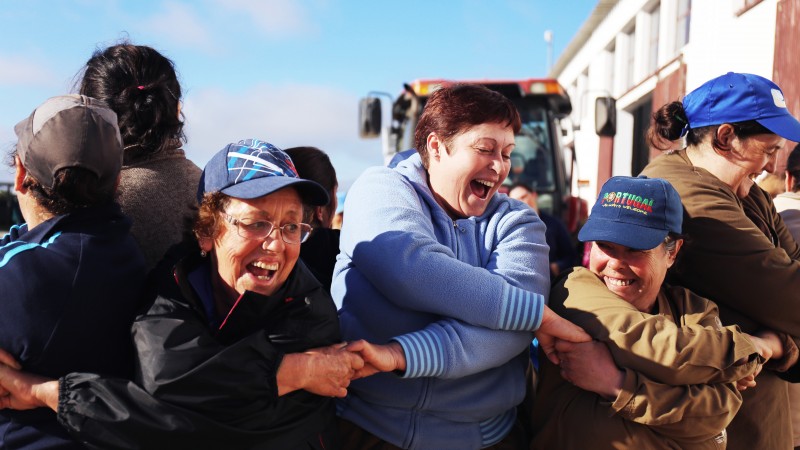
We are committed to acting in an environmentally and socially responsible way, setting concrete criteria and operating methods that promote sustainability. We also accept our responsibility to contribute towards economic stability by seeking to honour and fulfill all our commitments, in terms of both amounts and time, particularly with regard to payment within agreed timeframes. We want to help our staff create relationships of independence and integrity in their dealings with current and potential suppliers. We promote an atmosphere in which corruption and personal favouritism are strictly forbidden, demanding transparency and impartiality in all that we do. These are our guidelines, our key to developing a business ecosystem which is both healthy and sustainable.
